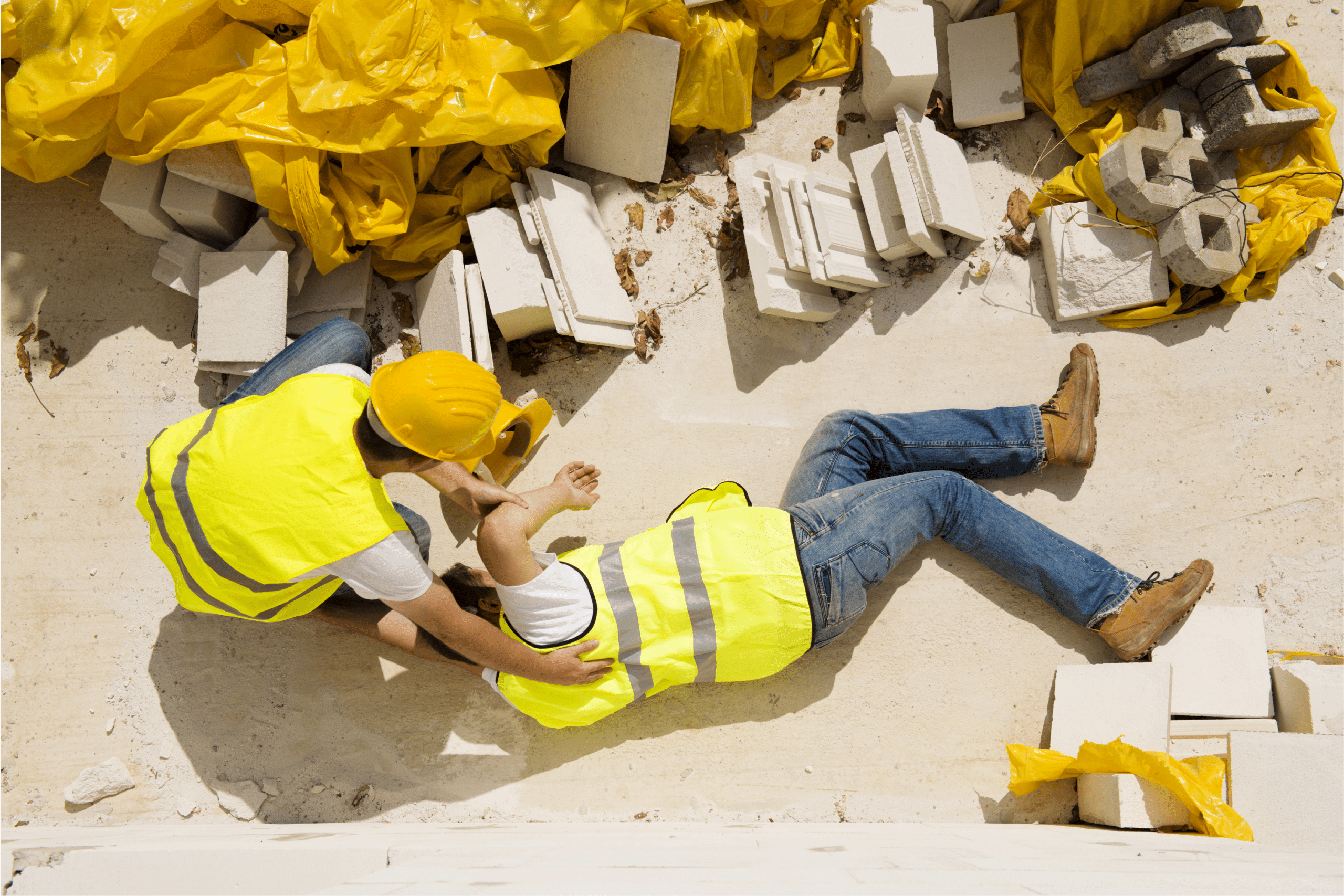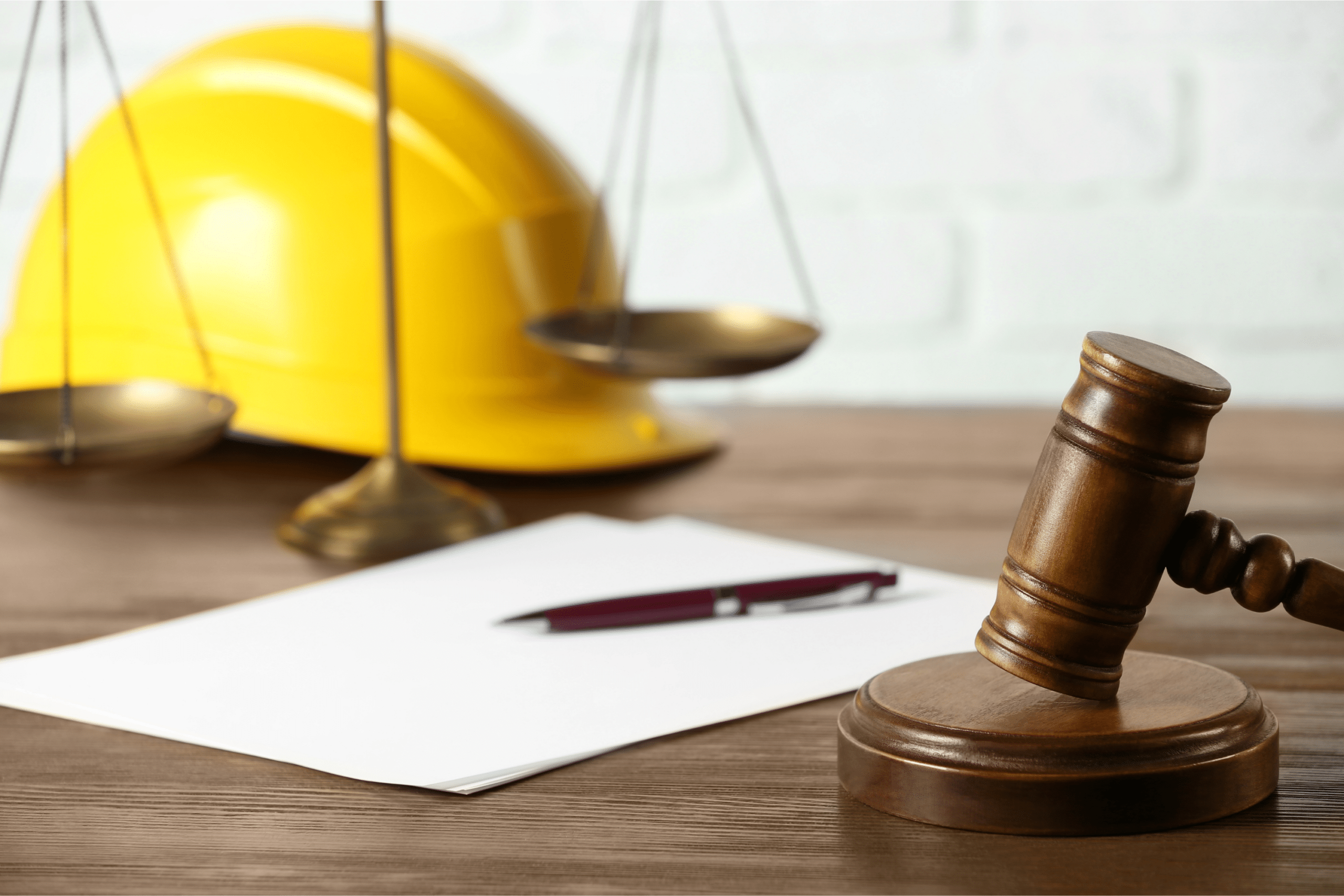
In the bustling metropolis of New York, where skyscrapers reach for the clouds and construction sites punctuate the cityscape, the construction industry is an ever-evolving landscape. With progress comes risk, and navigating the complexities of construction accident law in New York requires a keen understanding of emerging issues.
In this blog post, we will delve into recent legislative changes, landmark cases, and evolving industry practices that shape the legal landscape of construction accidents in the Empire State.
Legislative Changes
New York has always been at the forefront of legal evolution, and construction accident law is no exception. One of the most significant legislative changes in recent times is the implementation of the New York Scaffold Law, also known as Labor Law Section 240. This law holds property owners and contractors strictly liable for certain gravity-related injuries, such as falls from heights, suffered by construction workers. The Scaffold Law has been a cornerstone in ensuring the safety of workers and has, in turn, influenced industry practices to prioritize safety measures.
However, the legal terrain is ever-changing, and discussions surrounding potential amendments to the Scaffold Law continue. It is crucial for construction workers and stakeholders to stay informed about legislative developments that may impact their rights and liabilities in the event of an accident.
Landmark Cases
Landmark cases often serve as guideposts, shaping the interpretation and application of construction accident laws. In recent years, New York courts have grappled with cases that have far-reaching implications for the construction industry.
One such case is Cahill v. Triborough Bridge and Tunnel Authority, where the court emphasized the importance of providing proper safety training to workers. The decision underscored that employers have a duty not only to provide safety equipment but also to ensure that workers are adequately trained to use such equipment. This shift in focus toward comprehensive safety training is transforming the construction industry’s approach to workforce education.
Evolving Industry Practices
In response to both legislative changes and legal precedents, the construction industry in New York is witnessing a paradigm shift in safety practices. The adoption of advanced technologies, such as wearable devices and drones, is becoming more prevalent to monitor and enhance safety on construction sites. These technologies not only contribute to accident prevention but also serve as valuable tools in the event of a legal dispute, providing a detailed account of site conditions.
Furthermore, there is a growing emphasis on collaboration and communication among all stakeholders in the construction process. Regular safety meetings, where workers, contractors, and site owners discuss potential hazards and preventive measures, have become a cornerstone of safety protocols. This collaborative approach not only fosters a safer work environment but also serves as a testament to the industry’s commitment to mitigating risks.
The Role of an Experienced Personal Injury Lawyer
In the dynamic landscape of New York construction accident law, the importance of seeking guidance from an experienced personal injury lawyer cannot be overstated. Navigating the legal intricacies, understanding the implications of recent legislative changes, and building a compelling case require a legal professional with a deep understanding of the construction industry and its unique challenges.
Experienced lawyers can assess the circumstances surrounding a construction accident, identify liable parties, and pursue just compensation for injured workers. Their expertise extends beyond the courtroom, as they can provide valuable guidance on navigating the workers’ compensation system and negotiating with insurance companies.

New York Construction Accident Laws
As New York’s construction industry continues to reach new heights, so too does the complexity of construction accident law. Staying abreast of legislative changes, landmark cases, and evolving industry practices is imperative for all stakeholders.
In this dynamic environment, the role of an experienced personal injury lawyer becomes paramount, serving as a beacon of guidance for those navigating the maze of construction accident litigation. By understanding and addressing emerging issues, we can collectively work towards a safer and more secure future for those who build the skyline of the Empire State.









